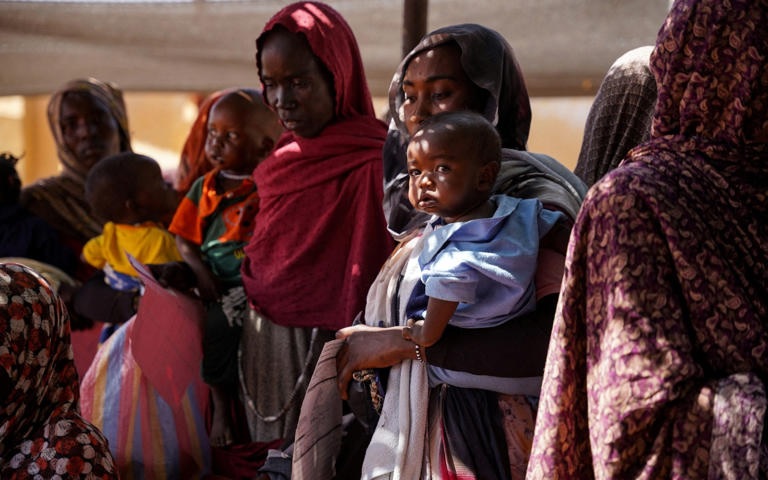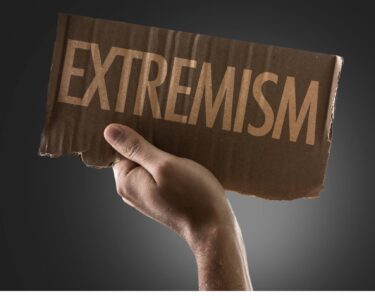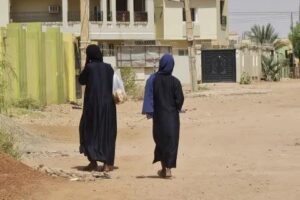
Rapid Support Forces (RSF) in Sudan have committed widespread acts of sexual violence in areas of Khartoum over which they exercise control, acts that constitute war crimes and crimes against humanity.
Both the RSF and the Sudanese Armed Forces (SAF) have attacked healthcare workers, local responders, and healthcare facilities, which are war crimes.
The African Union and the United Nations should urgently deploy a civilian protection force, and states should take steps to hold those responsible for sexual violence accountable.
Sudan’s warring parties, particularly the Rapid Support Forces (RSF), have committed widespread acts of rape, including gang rape, and forced women and girls into marriages in Khartoum, the country’s capital, since the current conflict’s onset, Human Rights Watch said in a report released today.
Khartoum is Not Safe for Women”
The 89-page report, ““Khartoum is Not Safe for Women”: Sexual Violence against Women and Girls in Sudan’s Capital,” documents widespread sexual violence, as well as forced and child marriage during the conflict, in Khartoum and its sister cities. Service providers treating and supporting victims also heard reports from women and girls of being held by the RSF in conditions that could amount to sexual slavery. The research also highlights the devastating health and mental health consequences for survivors and the destructive impact of warring parties’ attacks on health care and the Sudanese Armed Forces’ (SAF) willful blocking of aid.
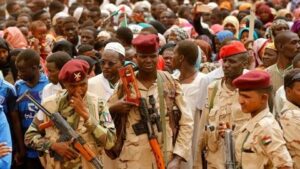
“The Rapid Support Forces have raped, gang raped, and forced into marriage countless women and girls in residential areas in Sudan’s capital,” said Laetitia Bader, deputy Africa director at Human Rights Watch. “The armed group has terrorized women and girls and both warring parties have blocked them from getting aid and support services, compounding the harm they face and leaving them to feel that nowhere is safe.”
It is of paramount importance to hear directly from sexual violence survivors themselves, their experiences, views, and demands should be heard in a safe and dignified manner. Given restrictions on access to Khartoum, security challenges, lack of services for survivors, and logistical barriers, Human Rights Watch, with a few exceptions, for this report interviewed 42 health care providers, social workers, counsellors, lawyers, and local responders in the emergency response rooms that they have established in Khartoum between September 2023 and February 2024.
Eighteen of the healthcare providers had provided direct medical care or psychosocial support to survivors of sexual violence, or managed individual incidents. They said they had cared for a total of 262 survivors of sexual violence from ages 9 through 60 between the conflict’s onset in April 2023 and February 2024.
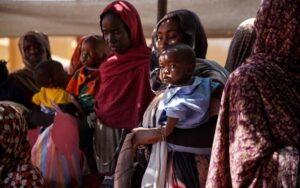
“I have slept with a knife under my pillow for months in fear from the raids that lead to rape by RSF,” a 20-year-old woman living in an area controlled by the RSF told Human Rights Watch in early 2024. “Since this war started, it is not safe anymore to be a woman living in Khartoum under RSF.”
The physical, emotional, social, and psychological scars left on the survivors are immense, Human Rights Watch found. Healthcare workers encountered survivors seeking assistance for debilitating physical injuries they experienced during rapes and gang rapes. At least four of the women died as a result. Many survivors who sought to terminate pregnancies resulting from rape faced significant barriers to abortion care. Survivors described or showed symptoms consistent with post-traumatic stress and depression, including suicidal thoughts, anxiety, fear, and sleeplessness.
“I spoke to a survivor who was raped and had just discovered she was three months pregnant,” a psychiatrist said. “She was clearly traumatized and shivering, afraid of how her family would react. She said to me, ‘If they discover my situation, they will kill me.’”
Survivors told the medical providers that they were raped by as many as five RSF fighters. The RSF have also abducted women and girls and confined them in homes and other facilities they occupied in Khartoum, Bahri, and Omdurman, subjecting them to sexual violence and other abuse. RSF members have sometimes sexually assaulted women and girls in front of their family members. The RSF also forced women and girls into marriages.
Fewer cases were attributed to the Sudanese Armed Forces members, but an uptick in cases was reported after SAF took control of Omdurman in early 2024. Men and boys have also been raped, including in detention.
Both warring parties have blocked survivors’ access to critical and comprehensive emergency health care, Human Rights Watch found.



